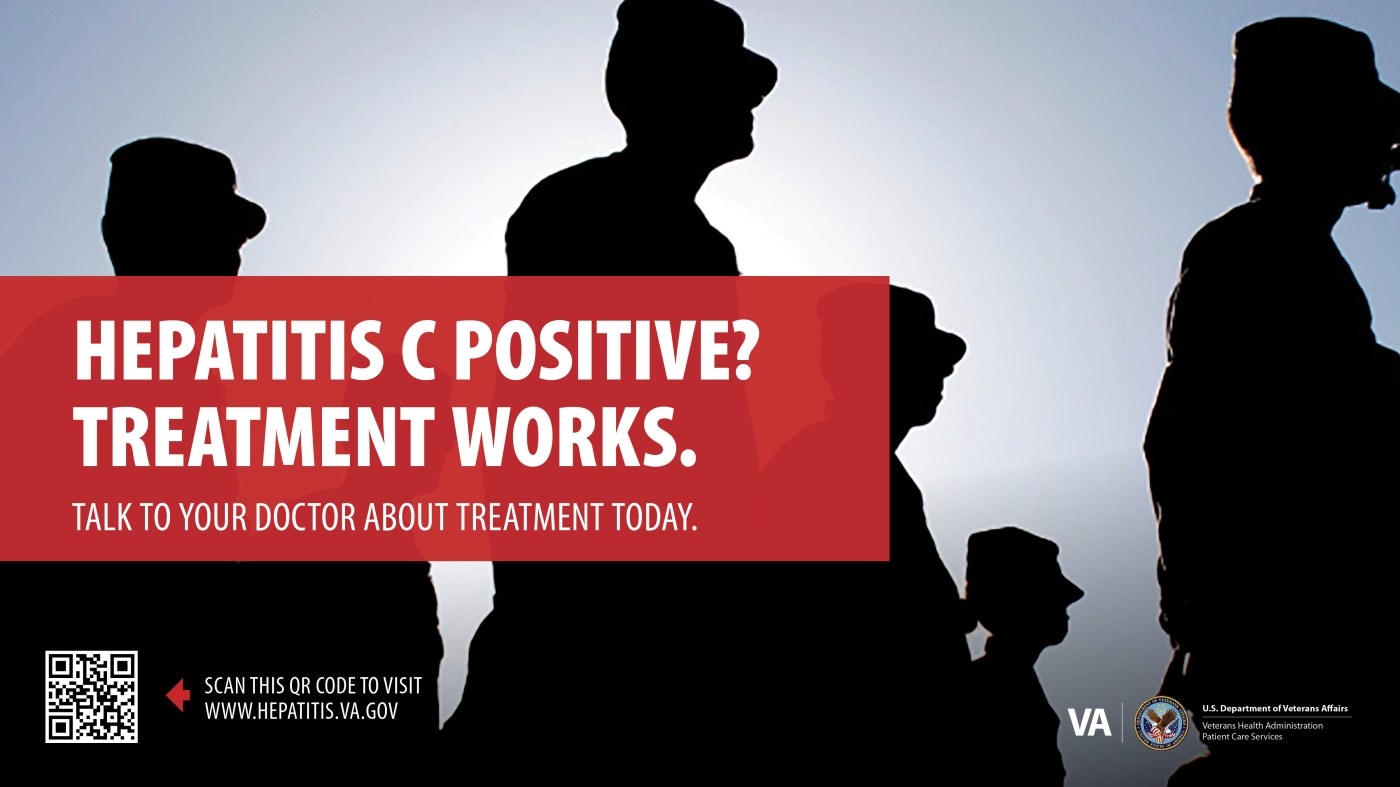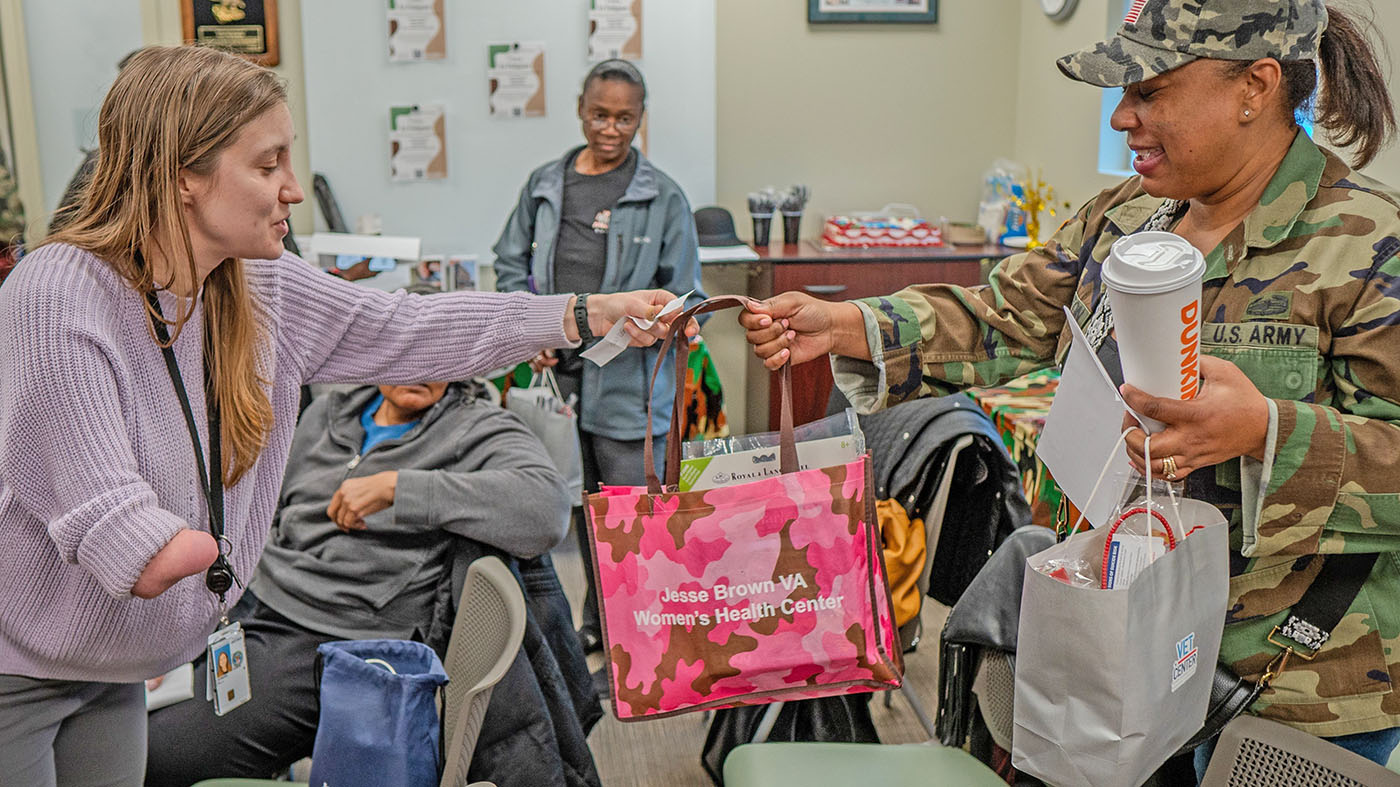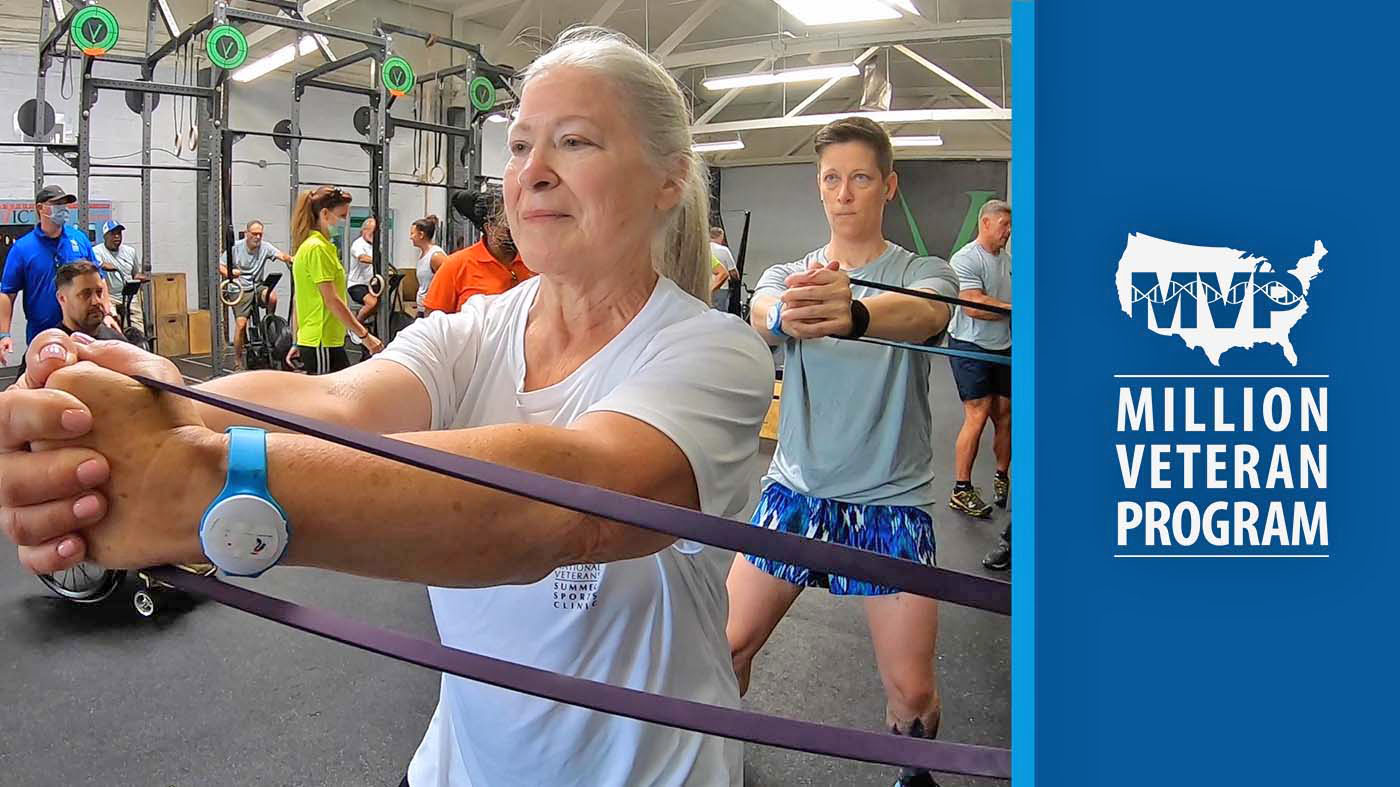World Hepatitis Day is July 28 and VA is focusing our efforts on testing and curing as many Veterans with hepatitis C (HCV) as possible. Providers have done an exceptional job in appropriately and effectively treating HCV infected Veterans. Since Jan 1, 2014, over 60,000 Veterans have received treatment for their HCV infection.
We talked to a couple of VA providers for their take on HCV treatment and why it is important for Veterans to get treatment:
The availability of new and improved hepatitis C antiviral drug treatments has the potential to cure the virus with a single course of treatment lasting about 12 weeks. This is a drastic change from older treatments which had many side effects and longer treatment courses. Dr. Tamar Taddei, a gastroenterologist for the VA Connecticut Healthcare System, explains, “In the past when the treatments were so difficult, we couldn’t treat everyone. Now that isn’t holding us back. I can treat anyone who is eager for treatment.”
For these providers, the ability to cure so many Veterans has a dramatic impact. “Now I can tell people ‘Your HCV is cured, you don’t need a transplant, you can live another 20-30 years, you can see your son graduate.’ It’s almost indescribable how profound this is,” shares Dr. Taddei.
Integrative Care Sets VA Apart
The VA system provides many advantages in treating patients with HCV. Dr. Matt Goetz, Chief of Infectious Diseases at the VA Greater Los Angeles Healthcare System explains, “The advantage that we have seen time and again, is that not only do we in the VA provide advanced, complex care but we proactively identify people and link them to care at both the primary care and specialty care level. Furthermore, for our most vulnerable patients, we can address substance use and mental health issues, as well as the social supports that people need, for example through homeless programs. The ability to provide this integrative care sets VA apart.”
The VA has been able to cure about 40% of the known HCV cases, but there is more work to be done. Dr. Goetz adds, “We have treated the people who were clamoring for treatment and now we have a patient population that is less engaged or motivated to seek care. This population frequently has barriers to treatment like unstable housing, distance from a VA center, and other comorbidities that can make treatment difficult. There is a great need to reach out to patients and get them in to care.”
Learn About Testing and Treatment
Getting patients in for treatment is a key focus for VA. Veterans who are enrolled in VA can learn more about hepatitis C testing and treatment by following these simple steps:
- If you don’t know your hepatitis C status, ask your provider for the HCV test at your next appointment.
- If you are HCV positive, contact your provider for more information about the new treatments.
- If you have been cured of your HCV, let us know how it has made an impact on your life. Share your thoughts in the comments below or by reaching out to us at vhahhphp@va.gov.

Topics in this story
More Stories
Navy Veteran and president of the American Medical Association got a colonoscopy and encourages other Veterans to do the same.
Chicago Vet Center and VA gave women Veterans information on VA services available to them.
MVP’s research informs personalized care for Veterans, supporting whole health and beyond.






